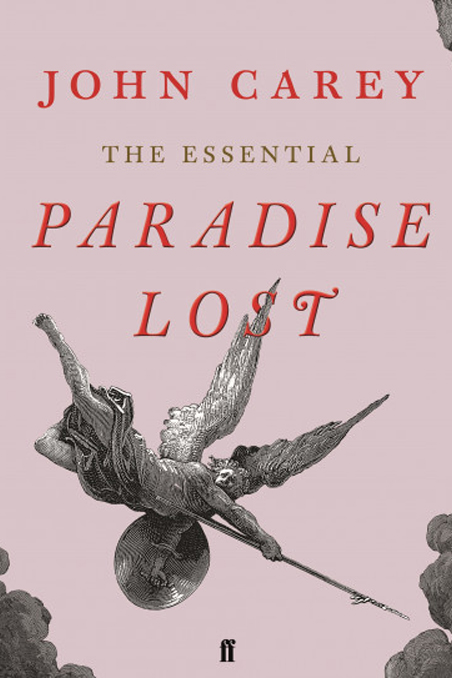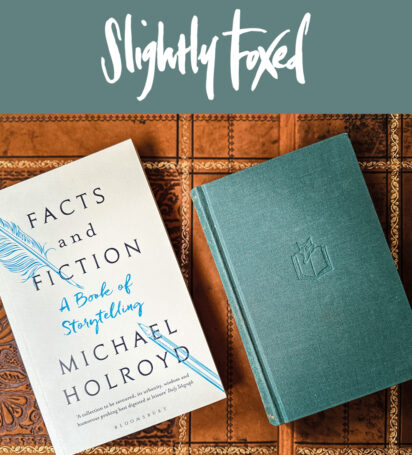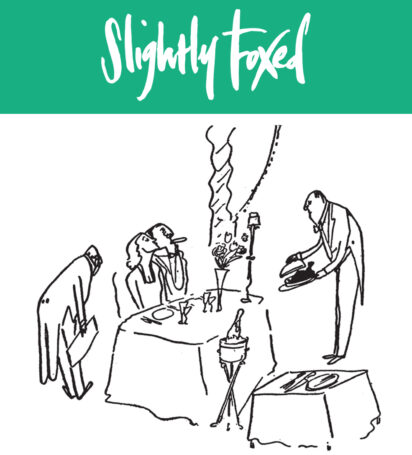In this abridgment and reinterpretation of Paradise Lost, John Carey reveals new insights about Milton’s sources of inspiration, while exploring readings of the work’s key characters. The Essential Paradise Lost presents the epic’s greatest poetry, with linking passages that preserve its cosmic sweep – from the superhuman defiance of a ruined archangel to a pair of tragic lovers, bewildered to find themselves responsible for the fate of the whole human race.
Reviewed by Christopher Rush in Slightly Foxed Issue 58.
An Epic Achievement
CHRISTOPHER RUSH
Paradise Lost was first published 350 years ago in 1667, and was still being hailed and even enjoyed as an epic achievement (literally) into the early twentieth century. Now it’s almost unread, except by the chosen academic few. Why? The real problem, says John Carey in his recent abridgment, is not its world picture but quite simply its length. Milton had just turned 20 when he first announced his epic intention, to compose a poem that would encompass all space and time: an ambitious aim, and, as it took another thirty years to accomplish, the resulting work was never going to be short. Even so, eleven and a half thousand lines of blank verse is quite a challenge. But it’s not only worth the read – not to experience it has been compared to cutting Shakespeare or Beethoven out of your life. Imagine.
Extract from Slightly Foxed Issue 58, Summer 2018







